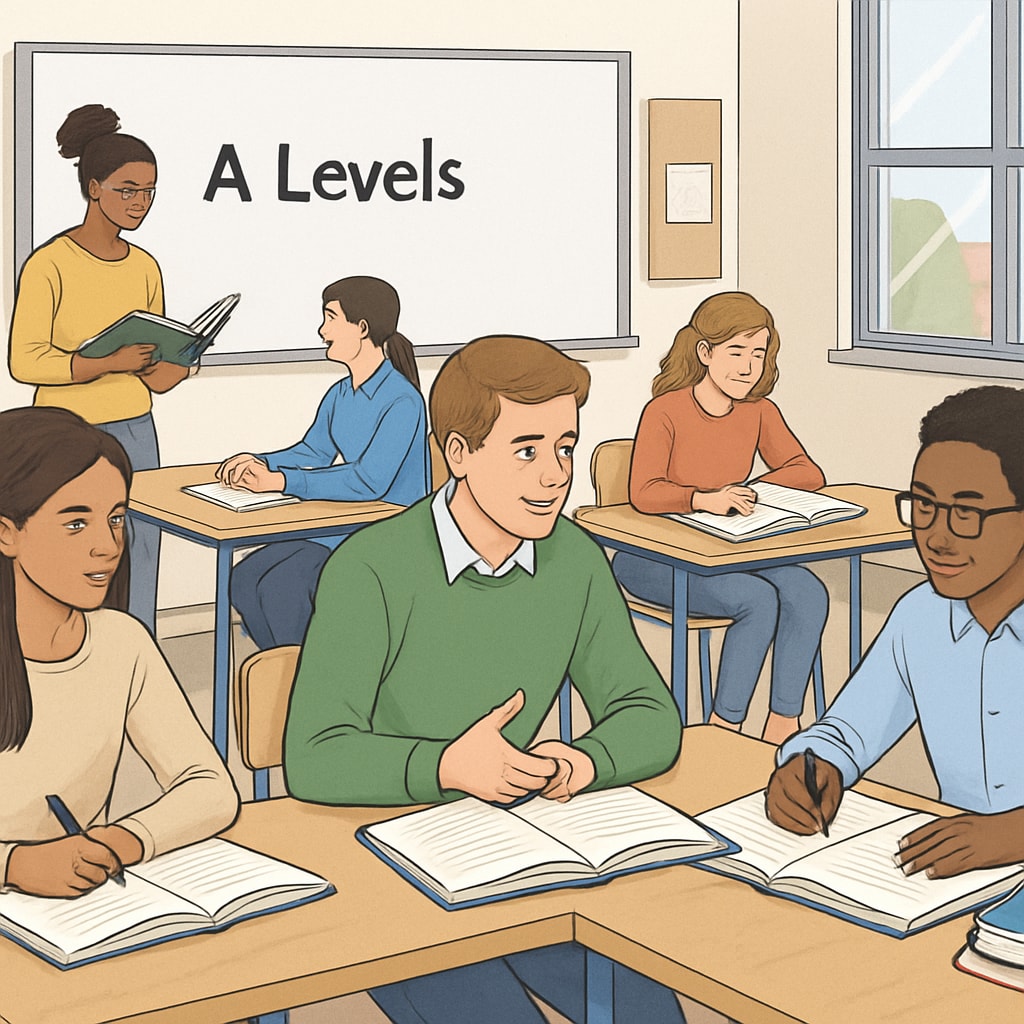Education systems worldwide grapple with challenges related to standardized testing, student motivation, and fostering creativity. Turkey’s centralized exam system has long been a topic of debate, with critics highlighting its rigidity and the immense pressure it places on students. On the other hand, models like the UK’s A Levels offer valuable lessons in flexibility and personalized learning paths. This article explores the fundamental differences between these two systems and provides insights into how Turkey can implement meaningful education reforms to enhance student outcomes.

Understanding Turkey’s Centralized Exam System
Turkey’s education system is heavily reliant on centralized exams, such as the LGS (High School Entrance Exam) and YKS (University Entrance Exam). These standardized tests determine students’ academic futures, including which high school or university they can attend. The system prioritizes rote memorization and high-stakes testing, often neglecting creativity and critical thinking skills.
Students face immense pressure to perform well, leading to a culture of stress and burnout. For example, a study conducted by the Turkish Statistical Institute found that over 70% of students reported anxiety related to exam performance. This focus on exams leaves little room for individualized learning or exploration of diverse talents.
UK A Levels: A Student-Centric Alternative
The UK’s A Levels system offers a stark contrast. A Levels are subject-specific qualifications typically taken by students aged 16–18. Unlike Turkey’s centralized exams, A Levels allow students to choose subjects based on their interests and career aspirations. This flexibility promotes deeper engagement and a sense of ownership over their education.
Moreover, the assessment methods in A Levels include coursework, practical evaluations, and written exams, providing a more comprehensive evaluation of a student’s abilities. According to Britannica, the diversity in assessment methods reduces the undue stress caused by high-stakes testing and encourages critical thinking and creativity.

Key Differences and Lessons for Turkey
There are several critical differences between Turkey’s centralized exam system and the UK’s A Levels:
- Flexibility: A Levels allow students to tailor their learning paths, while Turkey’s exams enforce a one-size-fits-all approach.
- Assessment Variety: Coursework and practical evaluations in A Levels provide a balanced assessment compared to Turkey’s reliance on written exams.
- Focus on Creativity: A Levels foster critical thinking and creativity, whereas Turkey’s exams emphasize memorization.
Turkey can learn from the UK by incorporating flexible subject choices and diverse assessment methods into its education system. For instance, reducing the emphasis on centralized exams and introducing coursework or project-based evaluations could alleviate student stress and encourage creativity.
Building a Student-Centered Framework
Reforming Turkey’s education system requires a top-down approach to policy changes. Here are some actionable recommendations:
- Reduce Standardized Testing: Gradually decrease the reliance on centralized exams and introduce alternative evaluation methods.
- Promote Individualized Learning: Allow students to choose subjects that align with their interests and career goals.
- Encourage Creativity: Integrate art, science experiments, and project-based learning into the curriculum.
- Teacher Training: Provide professional development programs to equip teachers with skills to foster creativity and critical thinking.
As a result, students will have the opportunity to explore their passions, reduce exam-related anxiety, and develop skills that prepare them for the modern workforce.
Conclusion: The rigid structure of Turkey’s centralized exam system poses significant challenges to student motivation and creativity. By learning from the UK’s A Levels model, Turkey can implement reforms that prioritize flexibility, individual interests, and diverse assessment methods. These changes are essential for creating a more equitable and innovative education system that empowers students to succeed.


